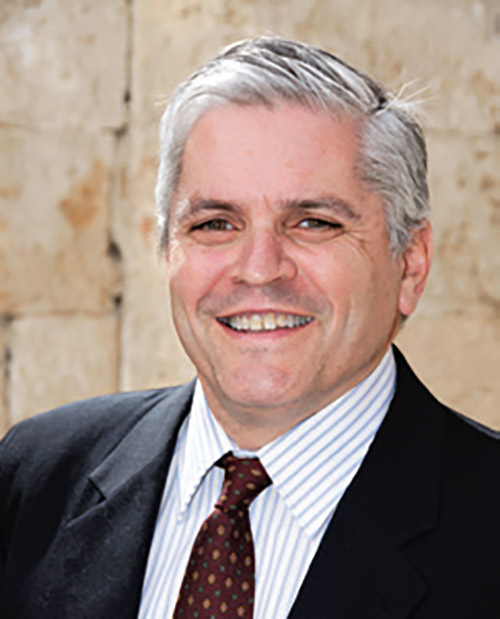
Late June 1976; passengers boarding Air France flight 139 discover it is now stopping in Athens en route to Paris. Some, like George and Rivka Karfunkel, don’t want to board. Athens airport was renowned for its terrible security. Indeed, it was from this very airport a plane was hijacked in 1970. But their luggage is already on board so they board as well…
In Athens, two Germans join the flight: Brigitte Kulma and Willie Burs, along with two Arabs who are connecting from Bahrain. The two Germans were members of Baader Meinhof and the two Arabs were members of the Palestinian Front for the Liberation of Palestine, an organization founded by Wadi Hadad, who broke off from Yasser Arafat, whom he did not consider radical enough…
There was no security inspection for transit passengers in Athens so they were able to board with the weapons they brought from Bahrain…
Five minutes after takeoff they hijacked the plane, refueling in Benghazi where the terrorists began calling out names. It did not take a genius to quickly figure out what they were doing: not 30 years after the Holocaust, German terrorists were separating the 93 Jews and Israelis who, along with the crew who refused to leave, were taken to Kampala, Uganda.
The terrorists gave an ultimatum: if their demands were not met they were going to start killing hostages on July 1. Yitzchak Rabin, then prime minister, upheld Israel’s policy of not negotiating with terrorists, and eventually approved the mission, led by Yoni Netanyahu, to fly thousands of miles, through enemy territory, to rescue the hostages and bring them home.
Just before boarding the planes and beginning radio silence, Yoni Netanyahu gathered his men, Israel’s most elite commandos, telling them: “…we may not know who they are but they are our brothers and sisters, and we are going…because if we don’t go no one will.”
A moment that recalls the well-known Jewish axiom: Kol Yisrael areivim zeh la’zeh—every Jew is responsible for every other Jew. Ultimately, we are all one.
Achdut—unity. A powerful idea, which cuts to the core of what the Jewish people are all about. Ultimately it’s not only about Jews; we are meant to model for the world what brotherhood and unity are all about. What could be more beautiful than true unity, when we all put aside our differences in deference to something greater than ourselves…
Parshat Noach, however, seems to suggest otherwise.
The world, created with such hope and light, has sunken into a morass of idolatry and violence, to such a degree that there is no longer a point to its continued existence. After all, if God and Godly ethics no longer matter, then we no longer matter. So God brings a great flood that destroys the world and pushes the “restart” button with Noach; the world gets a second chance.
Yet, later in the parsha, it looks like humanity is about to make the same mistake by building a city and a monstrous tower; rabbinic tradition suggests they were literally going to war with no less than God Himself! Only this time, despite the fact that all of mankind seems united against God, the world is not destroyed.
Why not?
Of course, one might suggest that God promised He would never bring another flood, but technically God has no shortage of options: if not by flood, explode them with fire!
The Midrash suggests that what saved the builders of the Tower of Babel was that they were unified—a beloved concept before God.
A beautiful idea, save one detail. The Torah makes very clear that the consequence of the Tower of Babel was that God causes them to speak many languages and scatters them across the face of the earth! Why would Hashem undo the one thing that was their greatest merit?
It would seem unity is a double-edged sword. Being of one mind and one purpose is not always good. We need only recall the horrible images of tens of thousands of Germans with their outstretched arms yelling Seig Heil as one—to realize just how dangerous unity can be. Indeed, sometimes allowing for divergent opinions is what helps to create healthy unity.
One of the worrying phenomena on campuses today is how easily opinions that do not seem to follow the consensus are shot down, their authors ostracized and belittled. This phenomenon is not limited to any one group or population.
We all must be sensitive to how easy it can be to shoot down the opinions of those we disagree with.
Perhaps Noach is teaching us that unity is meant to build bridges, not towers and walls.
Rabbi Binny Freedman is rosh yeshiva of Yeshivat Orayta. He is a member of the Mizrachi Speakers Bureau (www.mizrachi.org/speakers).










